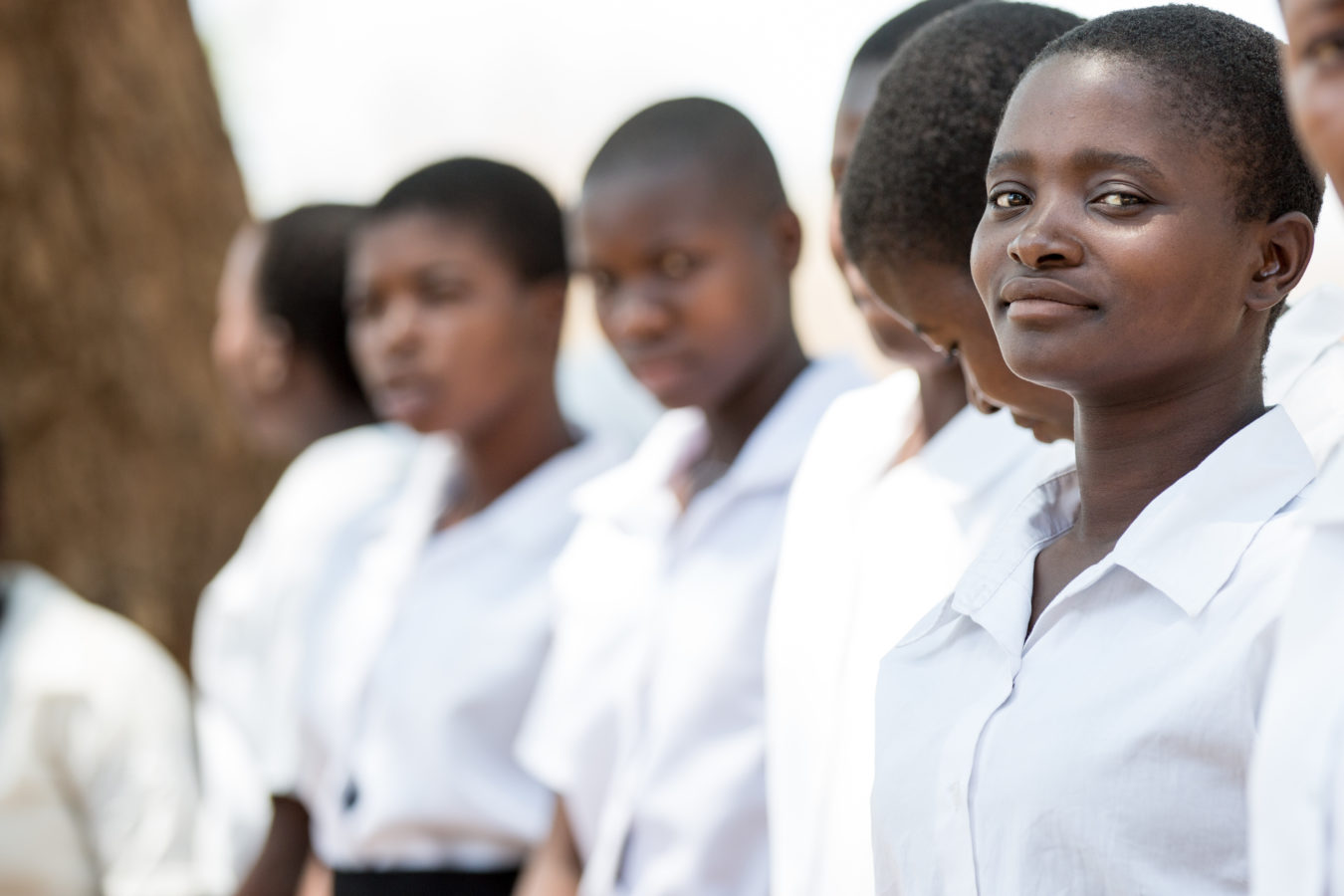WPHF is supporting women in Malawi to build sustainable peace by financing a range of local CSO projects that aim to end sexual and gender-based violence, protect women’s rights and advance gender equality in settings of conflict and crises.
Our Work
In Malawi, the WPHF and Spotlight Initiative partnership is channeling urgently needed financing to grassroots women’s organizations working to end violence against women and advance human rights and gender equality in peace and security contexts.
Our Partners
WPHF is supporting 9 projects implemented by 14 women-led and women’s rights civil society organizations in Malawi:
- Foundation for Rural Development on a project enabling community mobilization to increase the involvement of women, men, boys and girls in advocating against and addressing SGBV at the institutional and community levels. It will provide training to women security officers and other stakeholders engaged in case management to enhance their capacity to counsel survivors of SGBV and provide the necessary legal and psychosocial support.
- Centre for Civil Society Strengthening (CCSS) on a project that provides gender sensitive solutions in security and humanitarian response for women and girls in Rumphi district through deconstructing harmful but prevalent social cultural norms, building the capacity of women and girls to meaningfully participate in decision making processes.
- Life Concern Organization (LCO) on a project that aims to end violence against women to promote peaceful existence in Rumphi district, in the northern region of Malawi. The project will target autonomous groups of women and girls and strengthen the referral systems for victims of violence seeking justice.
- Partners in Action for Sustainable Development (PASD) on a project aiming to end harmful practices and SGBV against women and girls in the remote communities of Mposa and Chamba in Machinga. It promotes community initiatives for ending harmful practices as well as SGBV through mobilizing and building the capacity of community structures, gate keepers, faith-based and community-based leaders.
- Purple Innovation on a project combating SGBV violence In Nkhatabay District in the Northern region of Malawi. The project maps all initiatives by all actors in the prevention of violence against women using a digital data repository, leveraging ICT to provide openly accessible digitalized qualitative gender disaggregated data to local and international stakeholders.
- Solidarity of Refugee Women for the Social Welfare (SOFERES) on a project to end school-related SGBV targeting at-risk schoolgirls in Dzaleka Camp to increase the number of adolescent girls enrolling and completing their education as well as to increase the number of girls involved in decision making processes in the community, as well as to change the attitudes and behaviors of adolescent girls, boys, parents, communities and officials in relation to adolescent girls’ right to education, gender and sexual reproductive health.
- Women’s Lobby on a project aiming to end violence against women and girls through contributions to sensible policies, a culture of safety, improved reporting and the establishment of suicide prevention programs. Activities will target men of a certain age group who account for the majority of violence cases, providing them with concrete positive coping skills and healthy relationship models and include support to survivors of SGBV.
- Karonga Debate Club (KADECC) on a project to promote sexual and reproductive health and rights for girls and young women by enhancing the knowledge, agency and capacities of girls and young women in Karonga District. It will strengthen collaboration among CSOs, women’s groups, youth networks and communities to monitor sexual and reproductive health services and enhance girls and young women’s access to these services.
Background
The sudden influx of refugees from the political conflict in neighboring Mozambique is driving a deeper humanitarian crisis, exerting additional pressure on Malawi’s vulnerable communities. The devastating effects from the country’s ongoing food crisis could have negative long and short-term consequences on the peaceful co-existence between host and refugee communities. The inherent weaknesses of women’s associations make it difficult for women to consolidate their voices, while women and girls affected by crises have less access to services and weak referral and complaint pathways within districts.
In Malawi, there are very few local women’s organizations that are empowered or capacitated to effectively engage in conflict prevention, peacebuilding and humanitarian response. Despite women bearing the brunt of violence and natural disasters, both the recently created National Peace Architecture and humanitarian response processes have seen less than optimal levels of women’s participation. There is demonstrable need for enhanced programmatic planning and delivery as technical expertise is lacking in both rural and urban areas.
Our Vision
In Malawi, WPHF aims to ensure the financing and coordination of local civil society organizations to empower women as key actors in ending violence against women, protecting human rights and advancing gender equality on the road to lasting peace.
